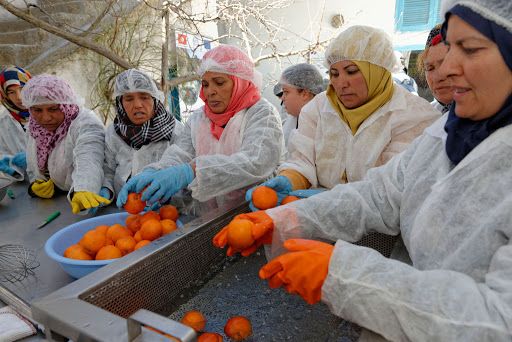The crisis has endangered more than 500 million jobs around the world, mainly in the developing world, according to data from the International Labor Organization (ILO), referred to in a report by the United Nations Conference on Trade and Development (UNCTAD).
Although many jobs will return with the end of job site closings, some will be lost permanently.
At least 100 million jobs will have disappeared completely by the end of the year, highlights the UNCTAD Report on Trade and Development 2020, released on Tuesday.
Furthermore, between 90 million and 120 million people will be pushed into extreme poverty in the developing world, with hunger and malnutrition likely to follow, while income gaps will widen everywhere.
«These developments point to a massive spike in illness and death,» UNCTAD said.
Jobs
«The hope of a rapid economic recovery through scientific breakthrough, in the form of an effective and widely available vaccine, cannot blind us to other man-made dangers in the future,» UNCTAD added.
If governments opt for premature fiscal tightening in an attempt to reduce public debt and companies adopt an aggressive cost-cutting strategy in an attempt to boost exports, the recovery will likely fail, with a double dip recession a possibility real in many countries in 2022.
“The threat is of particular concern to developing countries where a combination of precarious working conditions, high levels of over-indebtedness, and insufficient fiscal and political space limit their options to respond to shocks of any kind, much less one as severe. like Covid-19, ”he said.
Now another crisis, in the form of a microscopic pathogen that made its way around the world from a food market in central China, is highlighting the shortcomings of the global economy and its management.
In March of this year, with the Covid-19 contagion becoming a full-blown pandemic and the death toll on the rise, governments around the world opted for a policy-induced economic coma, halting the human interactions that define great part of business life, to prevent new infections and alleviate overburdened healthcare systems.
This Great Shutdown, as the IMF calls it, has driven the world economy into a recession in 2020 on a scale not seen since the 1930s, with the consequent loss of jobs.
![]()

